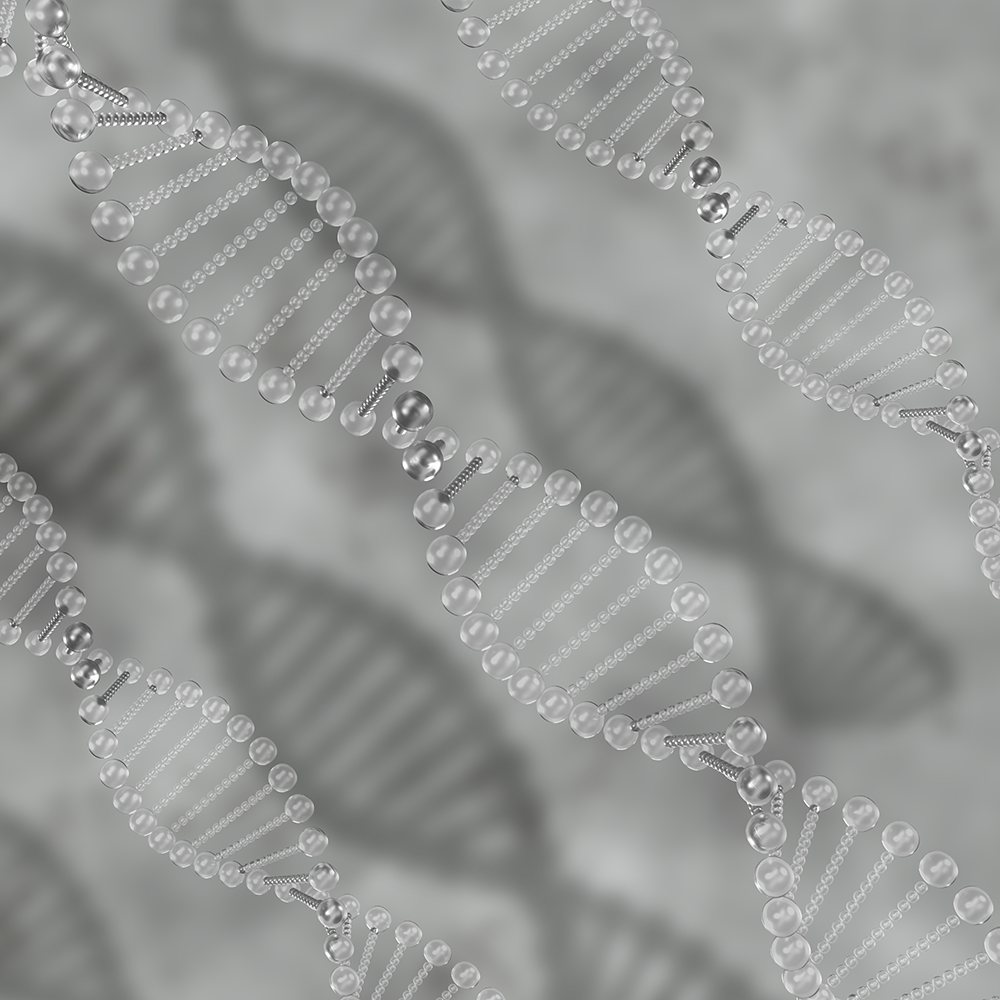
ingredient sheet
PYCNOGENOL®
Pycnogenol® is a patented natural extract derived from the bark of the French maritime pine ( Pinus pinaster ). This powerful antioxidant has been widely studied for its health benefits, particularly due to its high content of procyanidins, flavonoids, and phenolic acids. It is often used as a dietary supplement to support various aspects of health, particularly its anti-inflammatory and antioxidant properties.
HECTYL INFORMS YOU
THE BENEFITS OF PYCNOGENOL®

IMPROVING CARDIOVASCULAR HEALTH
Pycnogenol® has been shown to improve blood circulation and reduce blood pressure. Studies indicate it can also lower glucose levels and improve vascular health, making it a useful supplement for people with diabetes and hypertension.
SUPPORT FOR JOINTS
This extract is beneficial for people suffering from osteoarthritis. It has been shown to reduce inflammation and improve joint comfort by increasing hyaluronic acid and collagen levels in the joints. Studies show a significant reduction in osteoarthritis symptoms after supplementing with Pycnogenol.
IMPROVEMENT OF COGNITIVE FUNCTION
Pycnogenol® is associated with improvements in memory and concentration, particularly in older adults. It helps reduce oxidative stress, which is linked to age-related cognitive decline.
INFLAMMATION MANAGEMENT
As an anti-inflammatory agent, Pycnogenol® helps reduce inflammatory markers such as C-reactive protein (CRP), which is beneficial for various chronic inflammatory conditions.
SKIN HEALTH SUPPORT
Thanks to its antioxidant properties, Pycnogenol® can protect the skin against sun damage and premature aging, thus improving its overall appearance.
Collapsible content
ADDITIONAL INFORMATION +
Pycnogenol® is recognized as safe (GRAS) by toxicology experts, with a low rate of reported side effects.
Hectyl ingredients
Hectyl formulas, reliable solutions based on patented ingredients and benefits supported by scientific studies.
Hectyl, formulas based on scientific expertise and rigorous studies
SEE BIBLIOGRAPHY Pycnogenol®
https://www.nutrixeal.fr/68-pycnogenol
> WATSON, Ronald R. and ARGÜELLES, Mercedes C. Pycnogenol® and cardiovascular health. Botanical medicine in clinical practice , 2008, p. 538-544.
> GULATI, Om P. The nutraceutical Pycnogenol: Its role in cardiovascular health and blood glucose control. Biomedical Reviews , 2005, vol. 16, p. 49-57.
> ENSELEIT, Frank, SUDANO, Isabella, PERIAT, Daniel, et al. Effects of Pycnogenol on endothelial function in patients with stable coronary artery disease: a double-blind, randomized, placebo controlled, cross-over study. European heart journal , 2012, vol. 33, no. 13, p. 1589-1597.
> MALEKAHMADI, Mahsa, MOGHADDAM, Omid Moradi, FIROUZI, Safieh, et al. Effects of pycnogenol on cardiometabolic health: A systematic review and meta analysis of randomized controlled trials. Pharmacological research , 2019, vol. 150, p. 104472. CHOWDHURY, Zaynah Tahmina, SCHONLAU, Frank, ZIBADI, Sherma, et al. Pycnogenol supplementation and cardiovascular health: treatment and cost-benefit analysis. Nutrients, Dietary Supplements, and Nutriceuticals: Cost Analysis Versus Clinical Benefits , 2011, p. 467-475.
> RASTOGI, Sameer, ARORA, Vandana, and BHALLA, Vijay. Pycnogenol: the hercules of antioxidants. Indian J Drugs , 2015, vol. 3, p. 5-10.
> NATTAGH‐ESHTIVANI, Elyas, GHEFLATI, Alireza, BARGHCHI, Hanieh, et al. The role of Pycnogenol in the control of inflammation and oxidative stress in chronic diseases: Molecular aspects. Phytotherapy Research , 2022, vol. 36, no. 6, p. 2352-2374.
> ZHANG, Zheng, XING, TONG, YU-LU, WEI, et al. Effect of Pycnogenol supplementation on blood pressure: a systematic review and meta-analysis. Iranian journal of public health , 2018, vol. 47, no. 6, p. 779.
> FITZPATRICK, David F., BING, Bettye, and ROHDEWALD, Peter. Endothelium-dependent vascular effects of Pycnogenol. Journal of cardiovascular pharmacology , 1998, vol. 32, no. 4, p. 509 515.
> ROHDEWALD, Peter Jörg. Update on the clinical pharmacology of Pycnogenol (R). Medical Research Archives , 2015, no. 3.
